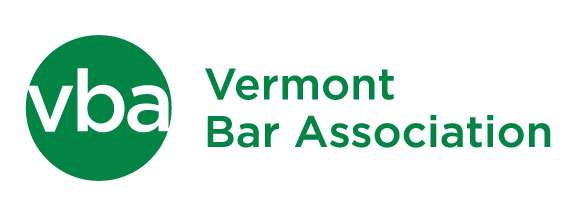04-02 When a lawyer sends a request for medical records to a healthcare provider based on a limited medical authorization, the covering letter must not mislead the healthcare provider as to the scope of the authorization. Although a lawyer has the duty to use legal procedure for the full benefit of a client, a lawyer may not make a frivolous discovery request and shall not knowingly make a false statement of material fact to a third person.
93-04 An attorney may not “serve” a Vermont subpoena on an out-of-state party to secure that party’s attendance at a criminal trial in Vermont where the subpoena to be “served” is unenforceable because served beyond the territorial limits of the court.
89-02 An attorney must disclose to an opposing party facts having a negative impact on a client’s position where a failure to disclose would involve the attorney in misrepresentation.
87-13 An attorney may take a mortgage on a client’s home to secure payment of unearned but anticipated legal fees and expenses but may not take and record a mortgage unrelated to fees for the sole purpose of frustrating efforts of judgment creditors to collect the client’s debts.
86-07 A variety of irreconcilable conflicts arise where an attorney for a state agency represents the agency and individual recipients of Agency services in simultaneous or successive representation.
82-07 A lawyer who subsequent to settling a personal injury action learns from the client additional information that might have reduced the settlement may not disclose this information to the opposing party to rectify any deception that might have been caused.
81-01 An attorney must maintain his client’s confidences if he finds out from his client that his client made false representations to him which resulted in an agreement disposing of a criminal case. If, however, the attorney receives information from someone other than his client that clearly establishes his client intentionally committed a fraud upon a person or tribunal, the attorney must call upon his client to rectify the same. If his client refuses or is unable to do so, the attorney must himself reveal the fraud to the affected person or tribunal.

